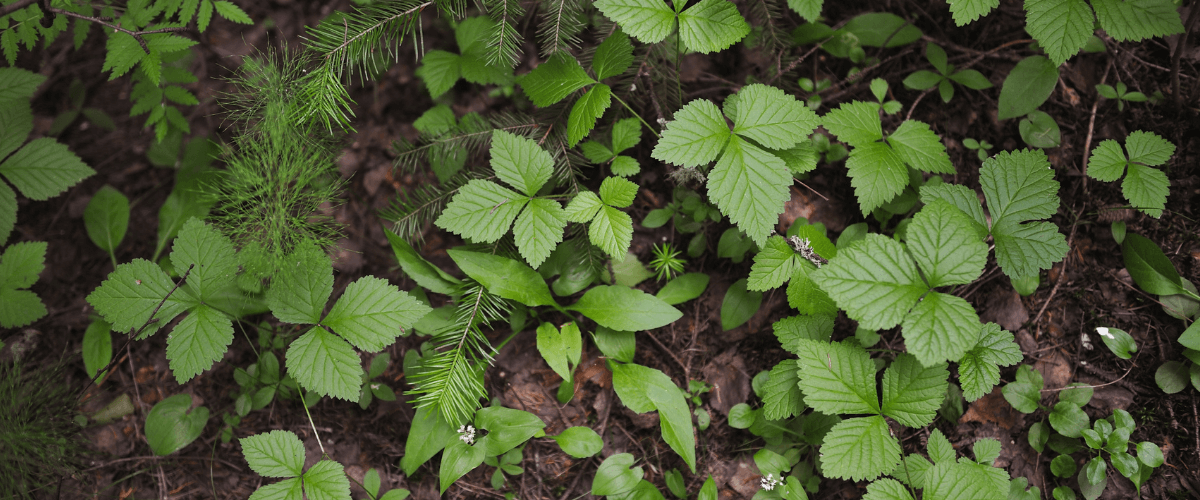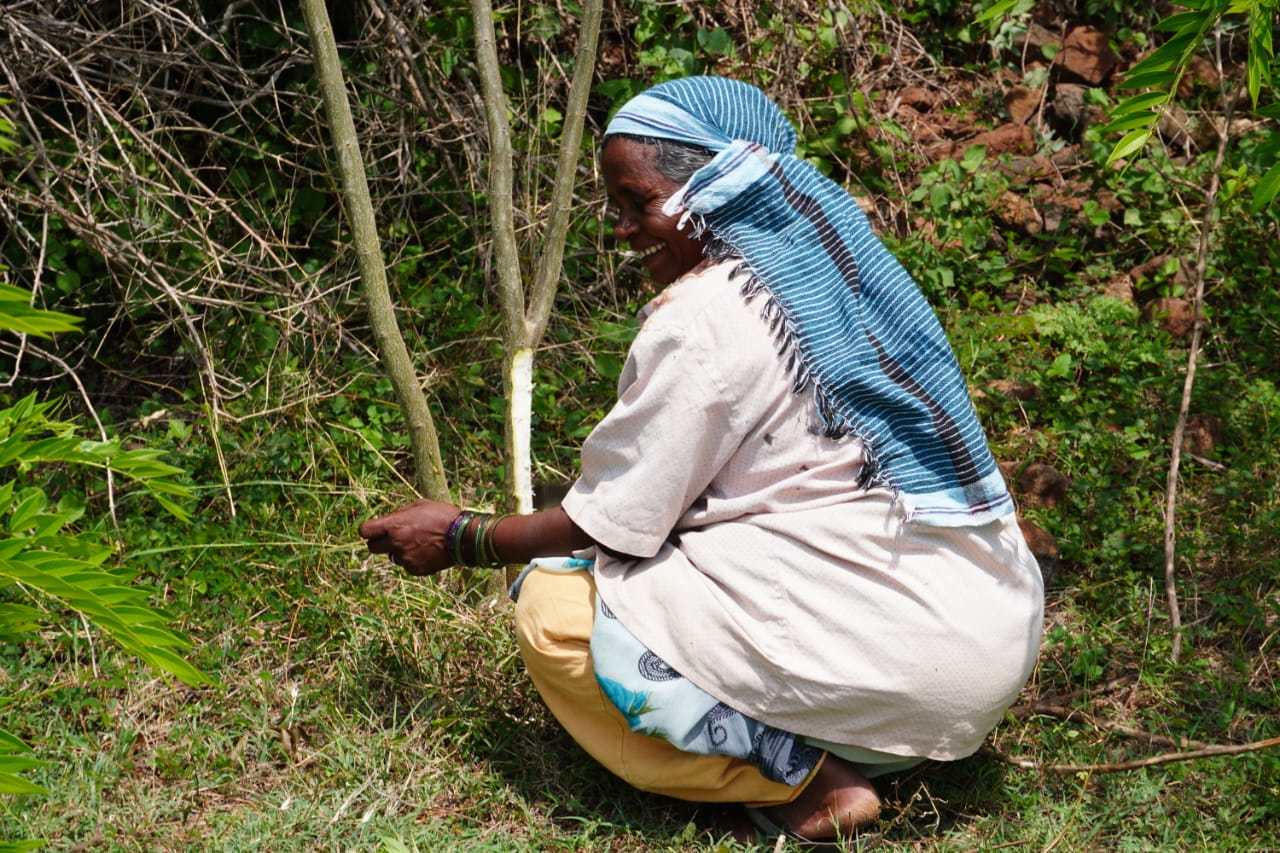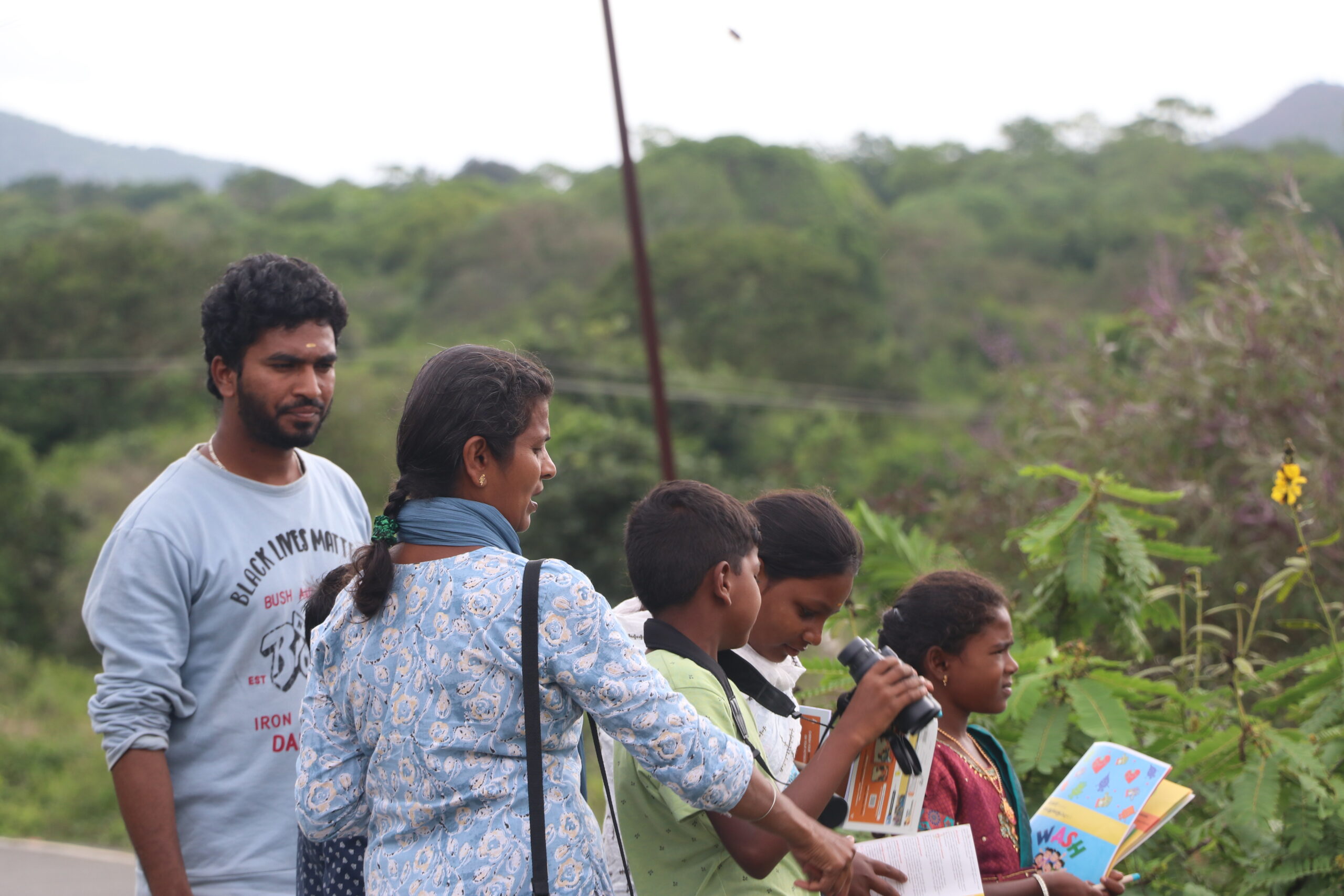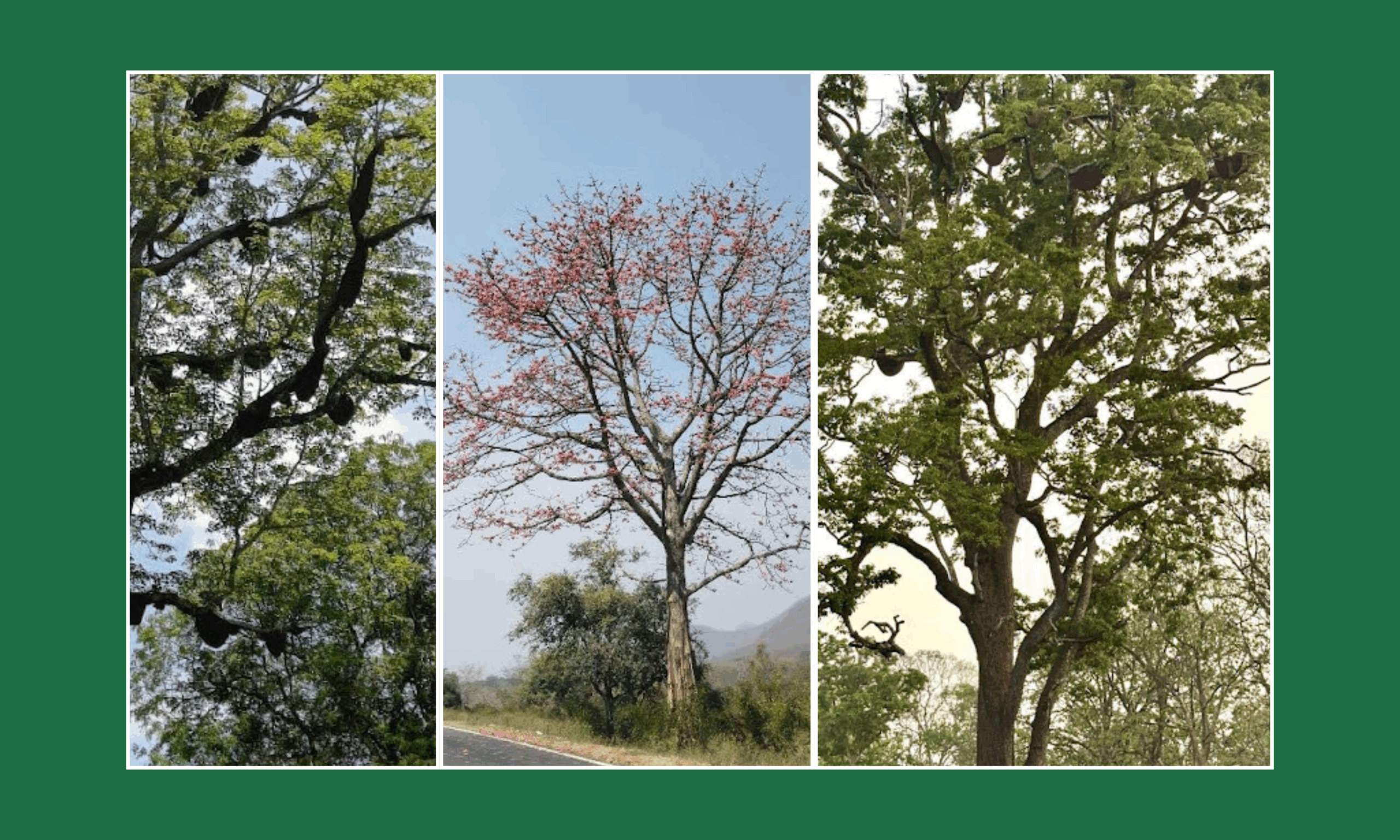Kookalthorai valley is one of our working areas which is a 10 km downhill drive from the Keystone foundation campus. The region enjoys warm weather throughout the year as it is lower in elevation compared to the Kotagiri hills. The valley opens up into the Thengumarahaada region where the Kookalthorai stream joins the Moyar river. It is also the route for the elephants from the Thenguramahaada region to move up in elevation into the Kookalthorai region and reach all the way up to Bikkapathi mund. The upper ridges form a Shola grassland and exotic mosaic, followed by tea in the mid slopes, and the valley is completely used for vegetable cultivation.
The climate is suitable for the cultivation of various English and Chinese vegetables which has changed the land use pattern in the landscape over the past 2 decades. With large buyers from the plains, other states, and corporate companies entering the market, the demand for hill vegetables has increased. This in turn has changed the farming pattern in the region from traditional farming methods to commercial contract-based chemical farming. Mushrooming chemical-based input supplies is a profitable business in small-town centres. Apart from this, there are also big Agri giants who lease lands from local farmers and eventually buy them later on. So, it is also common today to see one part of the hill being occupied by a large Agri company employing local farmers who were once landowners.
We started engaging with farmers from the region in the year 2018 to start a conversation on sustainable farming practices. There were hardly any groups or individuals welcoming this initiative in the beginning. Slowly we started to see a few individuals listening and making sense of what we were trying to achieve in the region. From nobody to 10 interested farmers in a month, we set foot in the region to start a dialogue with farmers on a daily basis. We found locally interested young community stewards who were part of our field team.
Capacity building of stewards was the first step with regular field-level trainings on organic farming. We learned a lot from the farmers about the challenges of inorganic farming – right from reviving soil health to finding a market for their produce.
After a year of working in the region, we could only make a small dent with a few farmers engaging regularly and participating in the program activities. Many of them had fallen off the group and gone back to chemical farming, even some of our community stewards had left the team. With no hope left, we had almost planned to shut shop in the region. Covid has put us on a back seat for 2 years with very limited engagement with farmers and communities in the region.

A new ray of hope arises after meeting with Chandrasekar, a farmer from Kagguchi village who has set up the “Thudai Organic Farm School” near Degili, Masakal. The farm is a 3-acre land, we were awestruck to see the diversity of crops he had on his farm.
Chandrasekar preserves and grows around 40 varieties of local Badaga beans of which he had planted a few varieties in seedbeds on the farm. 3 varieties of Samba Wheat, a local variety of Barley, 2 varieties of little millet, buckwheat, 2 varieties of mustard, the local variety of potatoes, green and red cabbages, broccoli, cauliflower, cucumber, celery, coriander, 20 varieties of greens, carrots, radish, fennel, basil, chilies, there were corn and 3 varieties of banana planted on the edges and a few beds of Chow-chow. Most of these are for generating more seeds for distribution. Some of the produce is used for self-consumption and sales explains Chandrasekar.
He has been pursuing the farmers in the region to convert from chemical to organic farming for almost 5 years now. He talks about the importance of local food systems and how chemically grown food has a negative impact on one’s health and the environment. We have now agreed to kick start the Farm school with regular trainings, interactions, knowledge sharing, setting up seed banks, seed sharing festivals, producing and supplying bio inputs, etc., Through this, we expect to reach more farmers to move towards safe and sustainable ways of farming in the near future.
By Gokul Halan


















